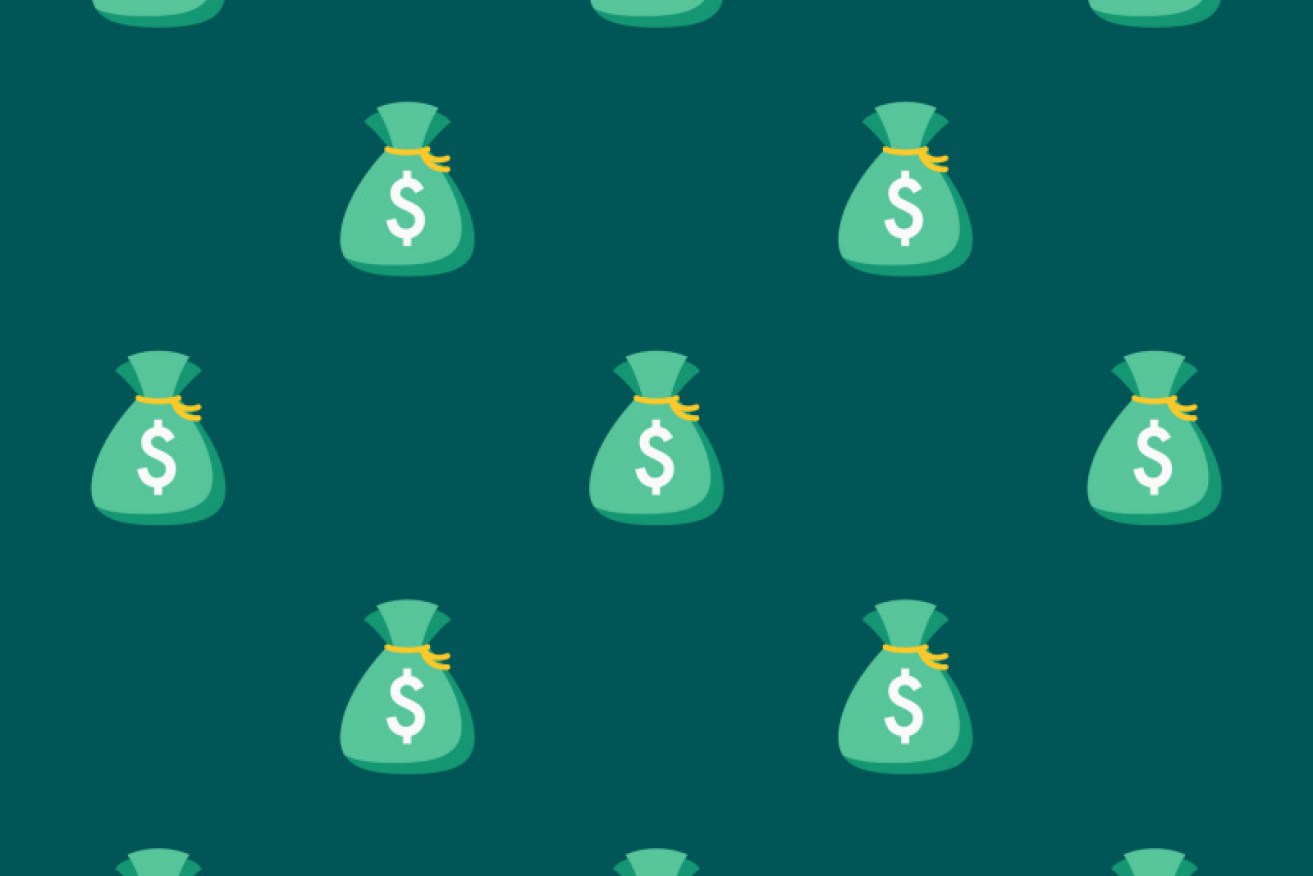Ask the Expert: Savings and cash flow tips to grow your wealth


Saving money can often feel like a chore, but with household debt at record levels there’s never been a better time to start putting a little bit of money aside.
Australia’s household debt levels have hit 202 per cent of annual income, according to NAB. Estimates suggest that number will only grow (albeit slowly) in the years and months ahead.
This means for every dollar someone earns, they owe $2.02 – it’s a daunting prospect. But, even with record high debt levels, saving money is achievable.
All it takes is a goal and a little cash-flow management, Industry Fund Services’ head of technical, research and advice services Craig Sankey told The New Daily.
Motivation is key
One of the most difficult parts of saving money is sticking to your savings plan. To overcome this, Mr Sankey said, savers need a genuine goal to focus on – whether it be a holiday, new car, deposit for a home, or even a combination of things.
Having something to work towards means savers are less likely to splurge on other things they might not need.
“Whatever your goal is, you need to remind yourself of that goal and stick with it,” he said.
It can sometimes help to keep your savings in multiple accounts, with each account set aside for a different but specific goal.
This won’t necessarily make saving money faster, but will provide savers with a constant reminder of what their cash is being put aside for and make impulse spending less likely.
“If you keep it all in the same account, people tend to jumble all their money together and spend it,” Mr Sankey said.
Savers can get the most out of this multiple accounts strategy by picking different types of savings accounts.
For example, some bank accounts offer better interest rates when certain conditions – such as depositing a set amount each month or minimising withdrawals – are met.
Manage your cash flow
Once savers have a goal in mind, the next step is to track their spending and work out where their savings will come from.
“A lot of people would say that wealth starts from cash flow, and I reckon there’s something to that,” Mr Sankey said.
“Once you get your cash flow right and then you can build wealth. While some people will worry about what the latest trend or investment is, if you get your cash flow right you’ll have the foundation to build wealth.”
The first step to effective cash management is also the hardest – setting a budget and tracking spending.
For those not sure where to start, Mr Sankey said there are a range of apps and online tools – like ASIC’s MoneySmart budget planner – that can take away some of the hassle.
Banks and credit card providers should also be able to supply itemised lists of transactions that can give savers a good overview of their spending.
“The first thing is knowing what you’re spending and working out what are the non-negotiables and what are the things you could perhaps cut back on,” Mr Sankey said.
Importantly, saving money doesn’t mean savers have to live a “poor lifestyle”, Mr Sankey said.
Many consumers find themselves paying for convenience or making unnecessary impulse purchases that drive up their spending.
“If you can plan ahead and control those things, and firstly realise that you are doing them, then you can still live the same quality of life but you’ve just planned ahead and you’re saving as well,” Mr Sankey said.
Pay yourself first
Mr Sankey’s last bit of advice was to make sure savings go in the right account straight away.
Waiting before depositing the money means savers have more opportunity to over-spend elsewhere and miss targets in their budget.
Once bills and other fixed expenses are covered, leftover income should go into savings accounts first.
“For people that struggle with budgeting, this works well,” he said.
“If they can’t get their budgeting worked out, as long as they’ve paid themselves first and prioritised their goals, it doesn’t really matter so much.”










